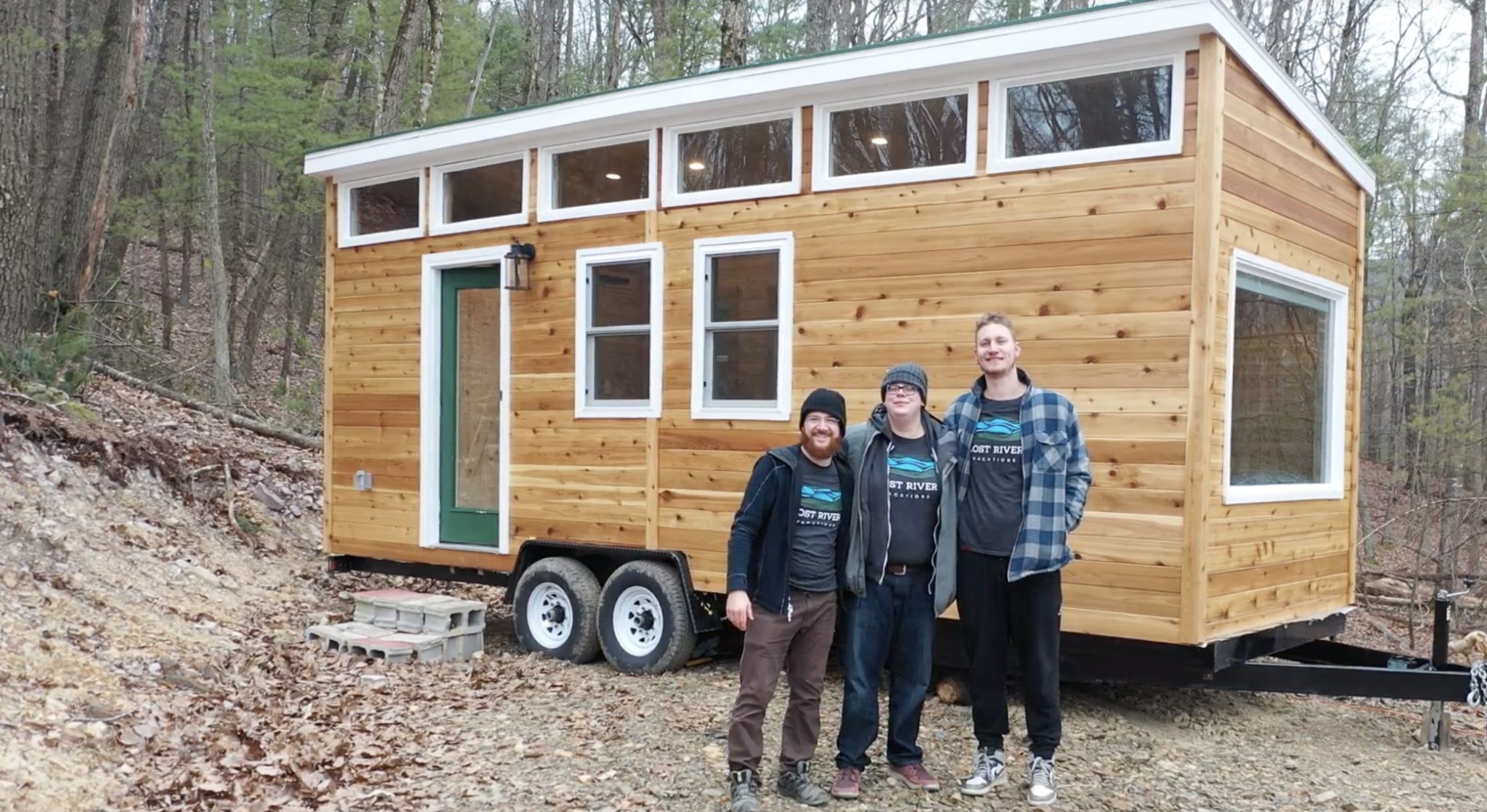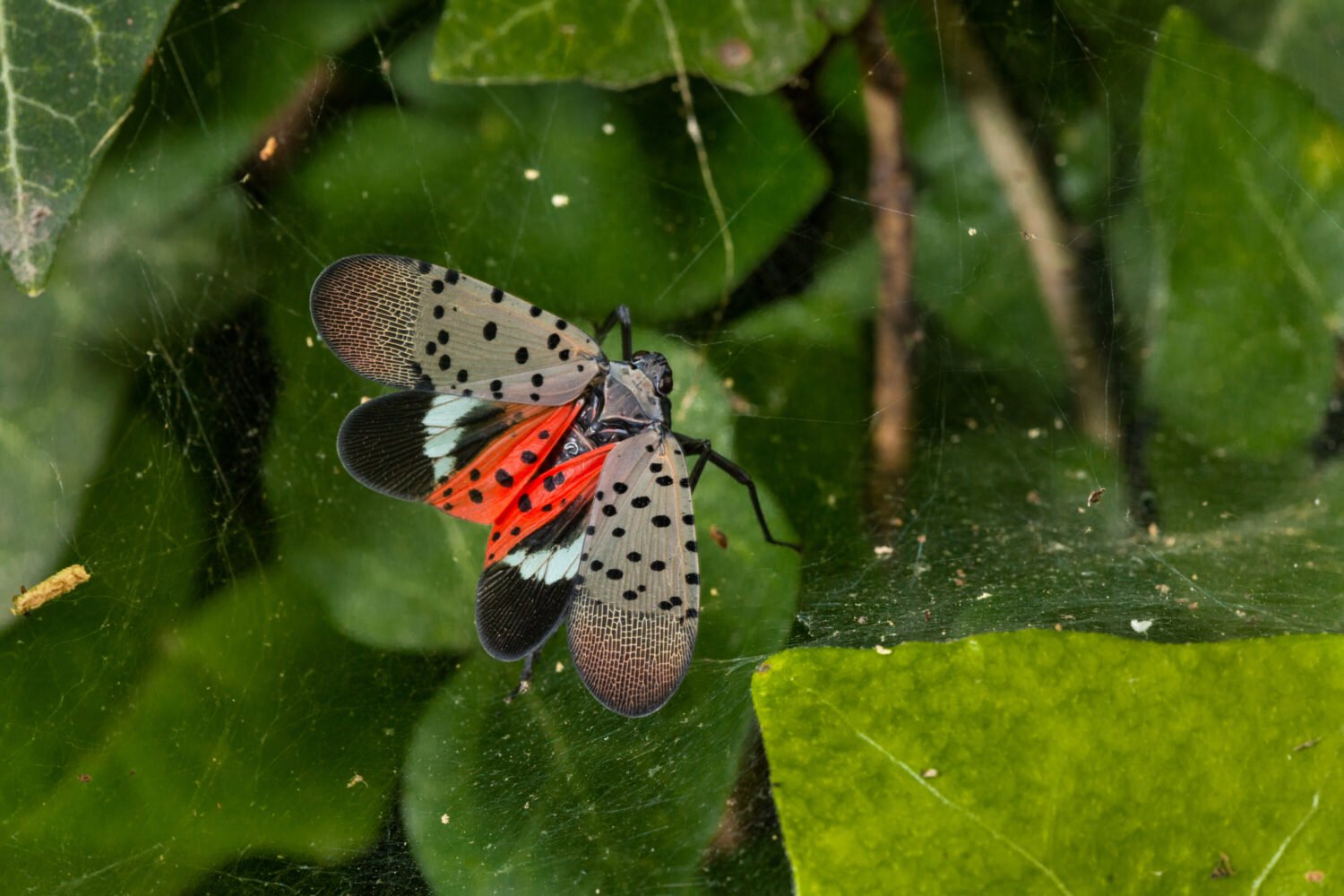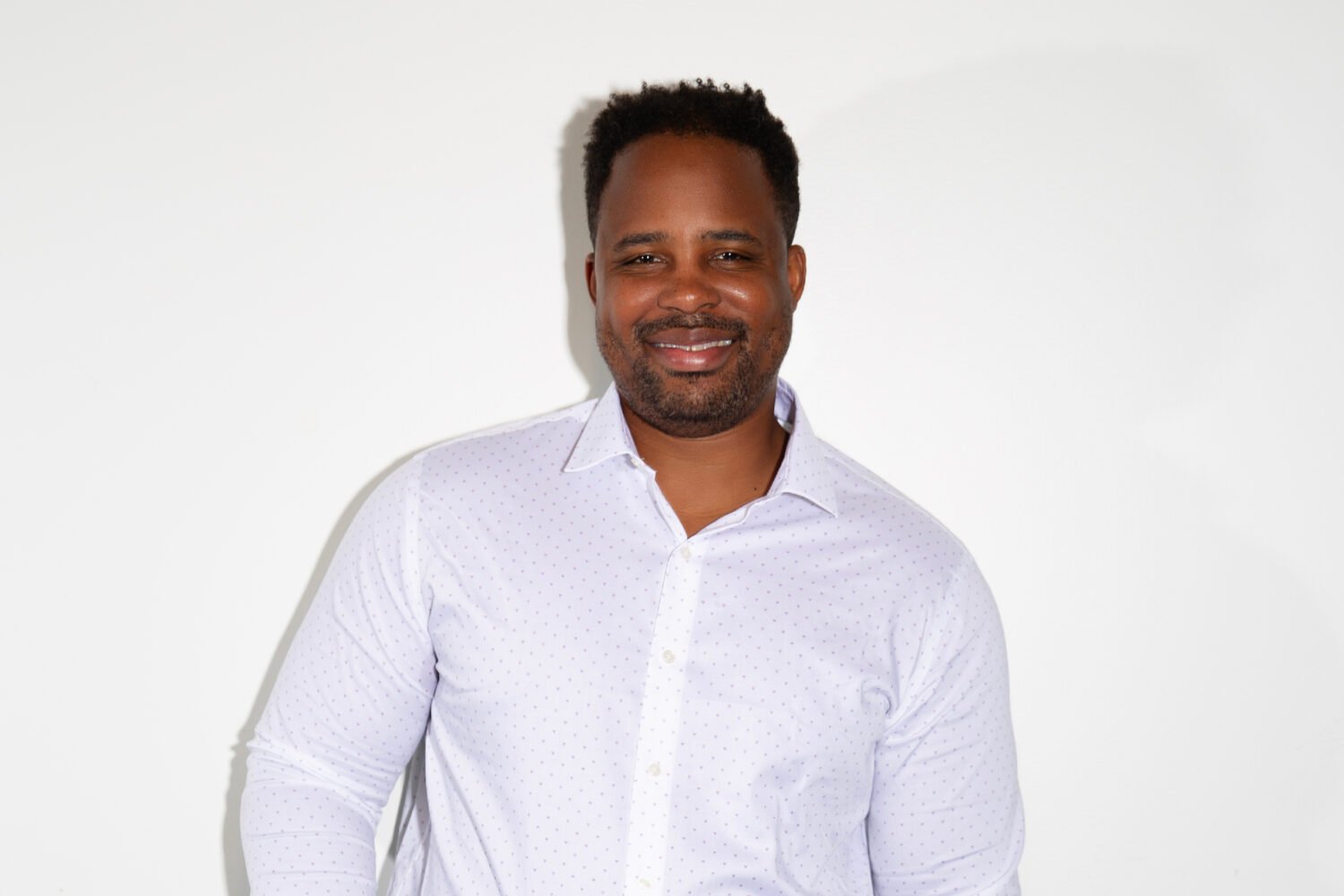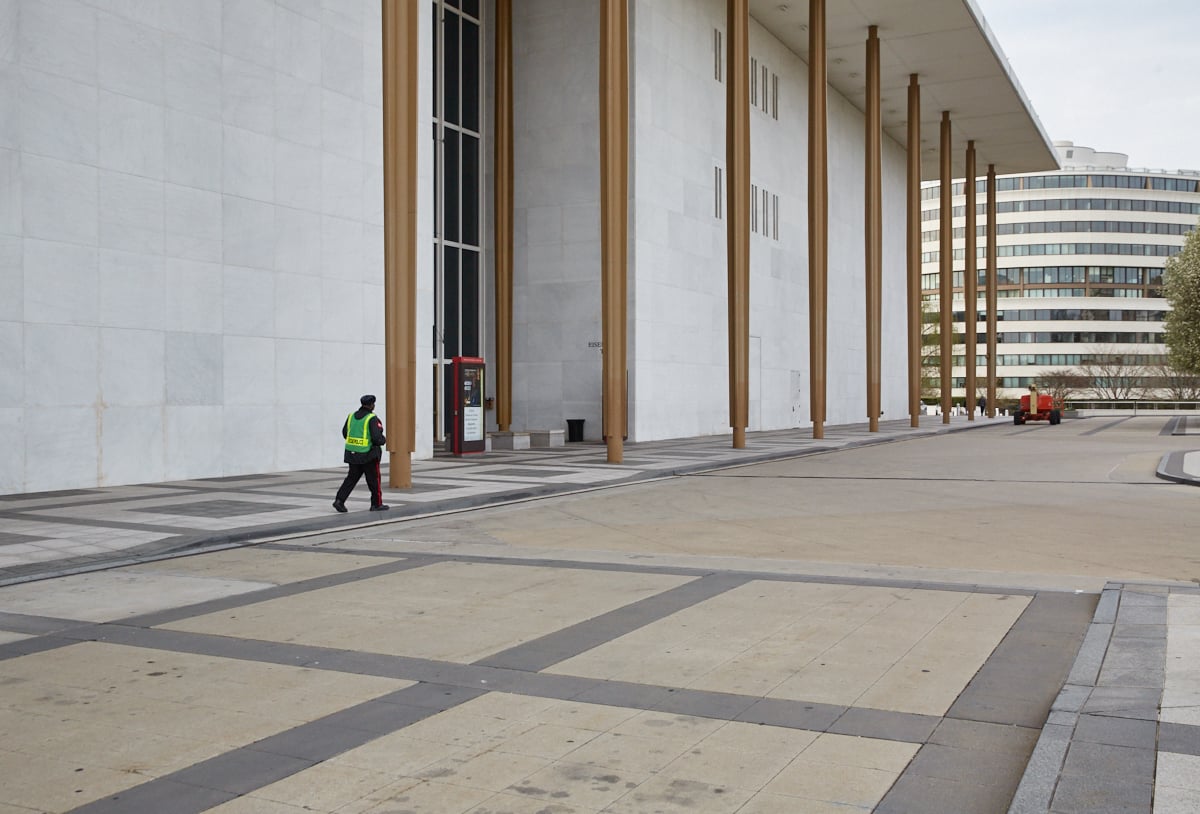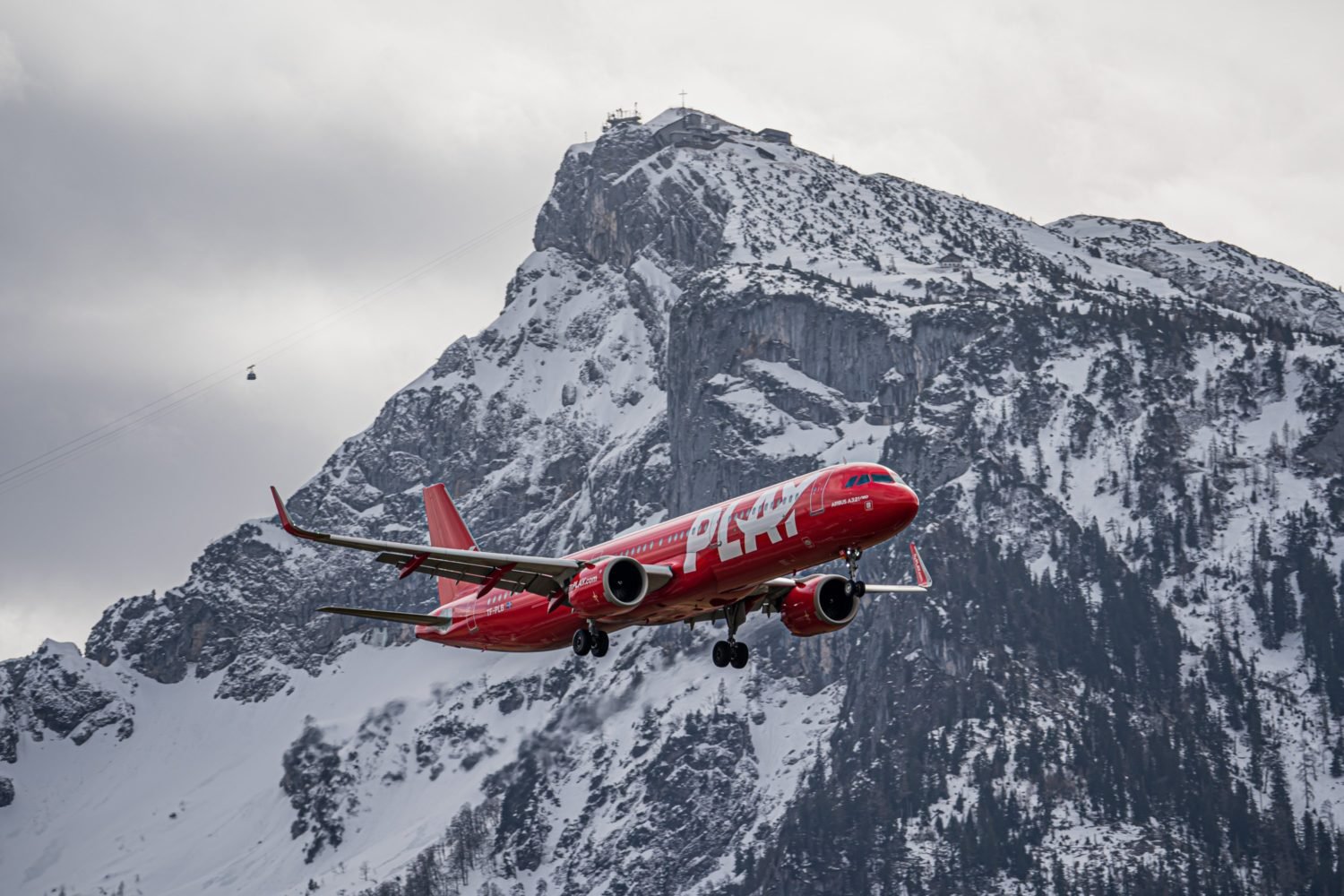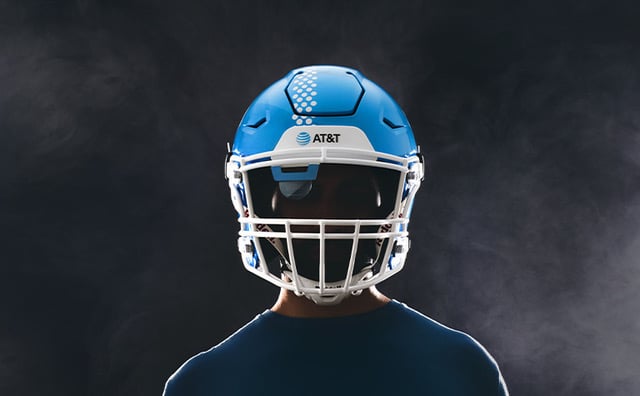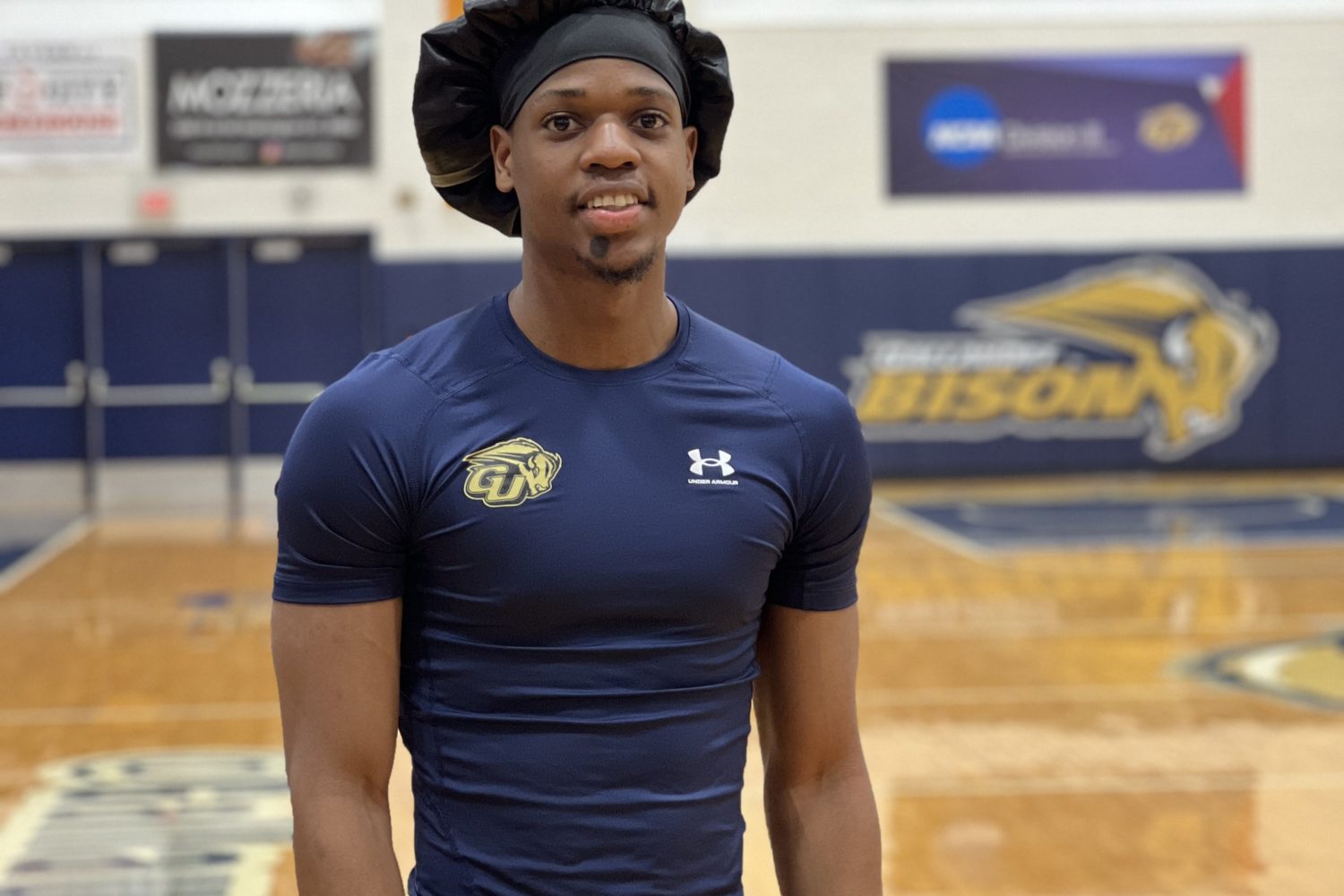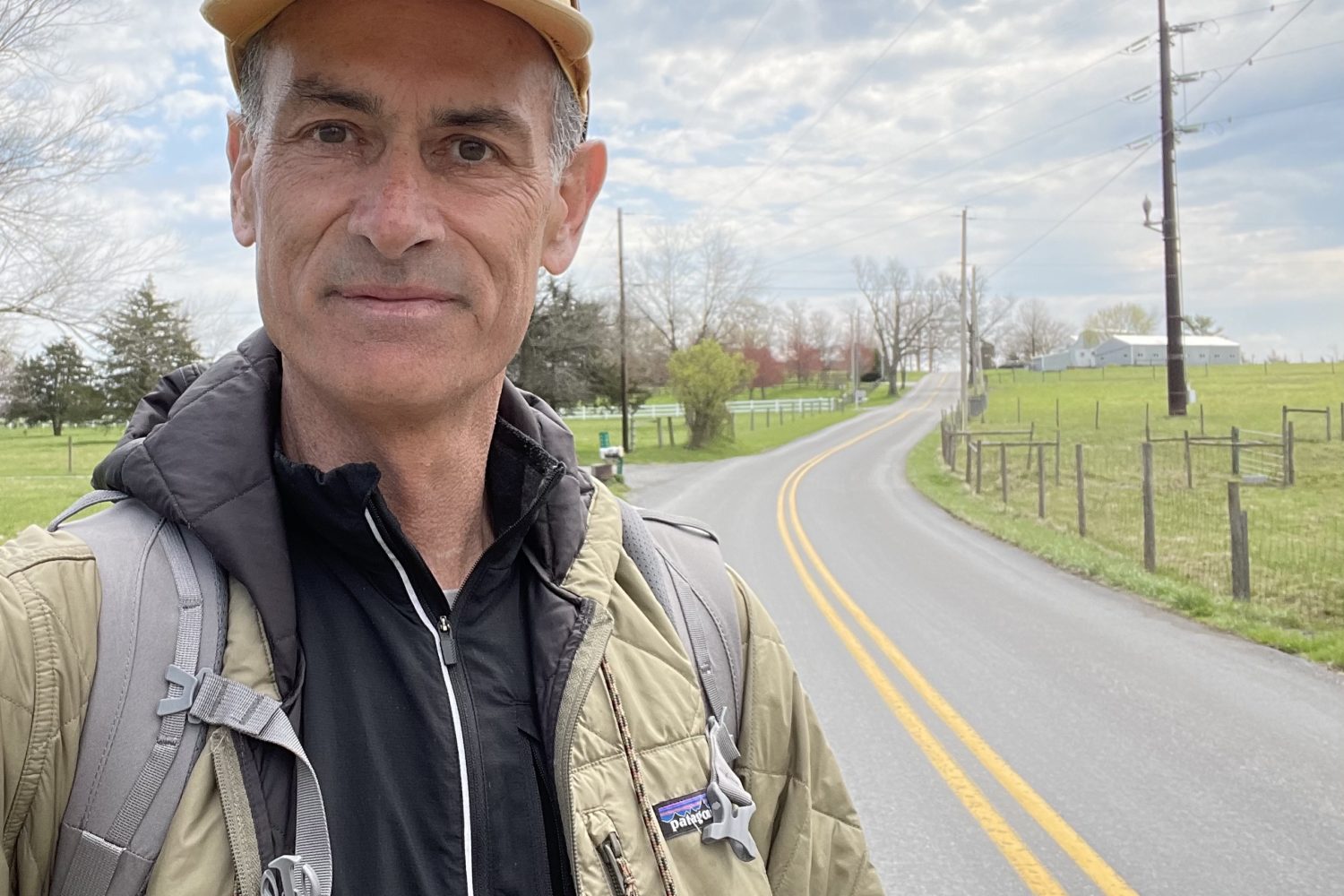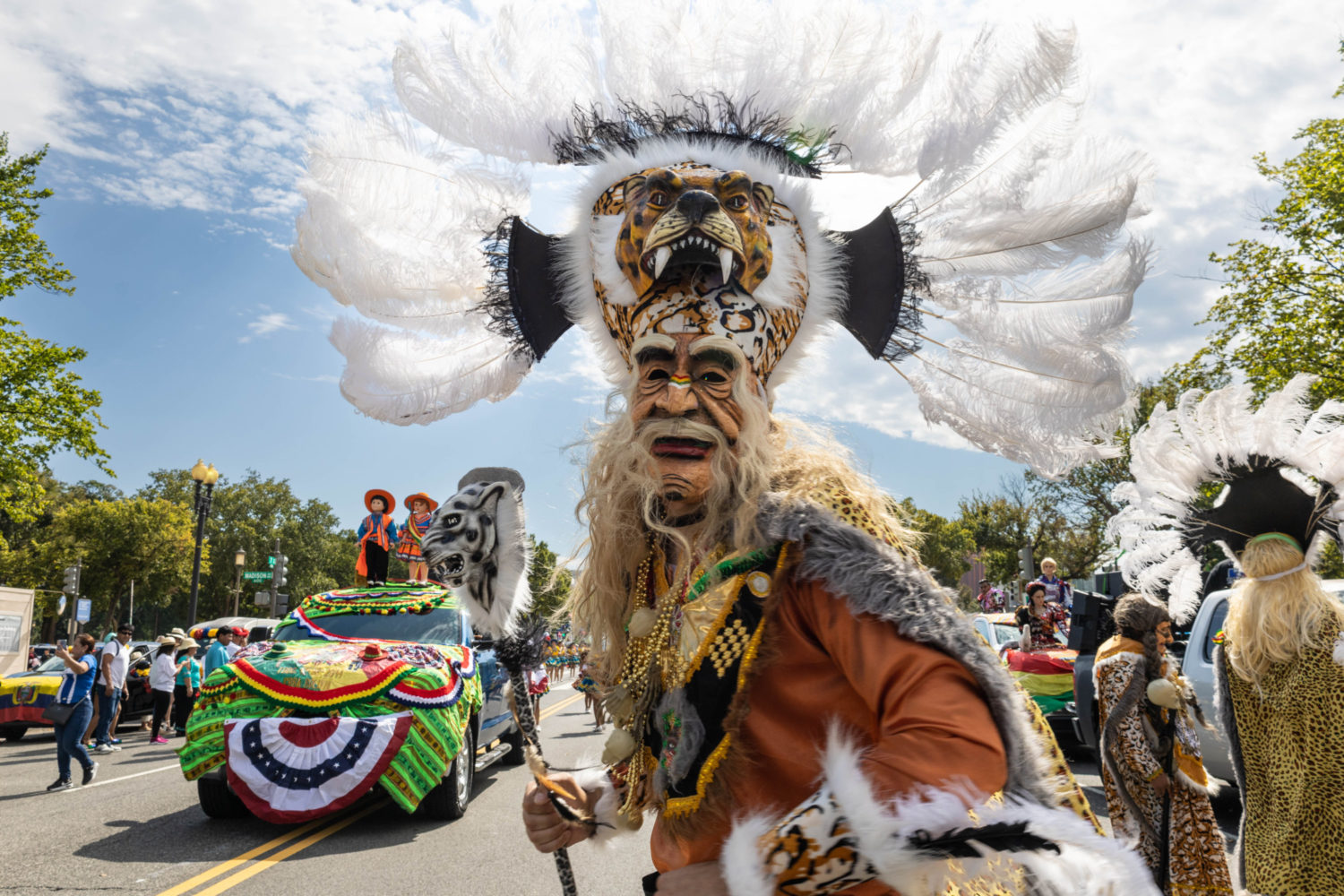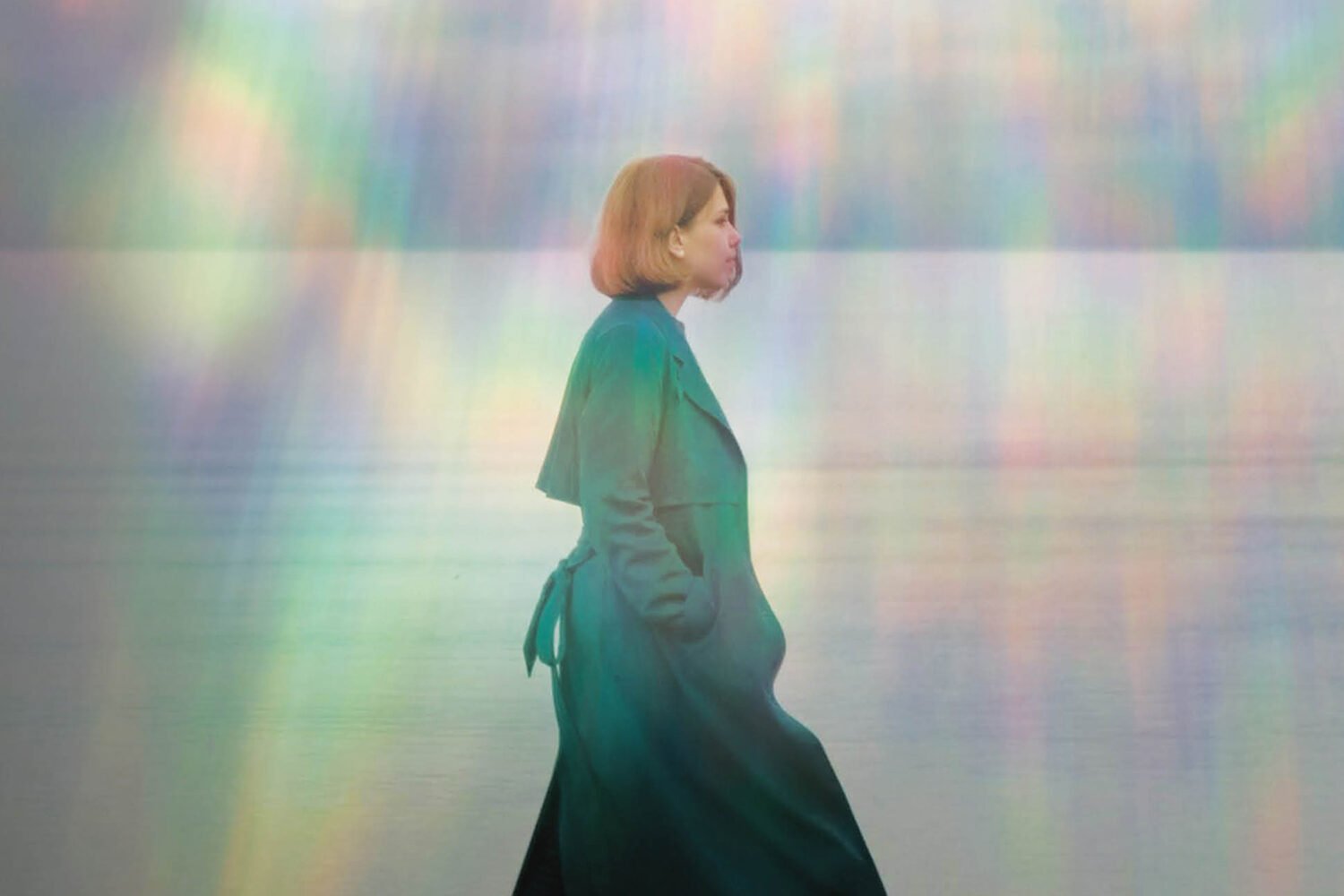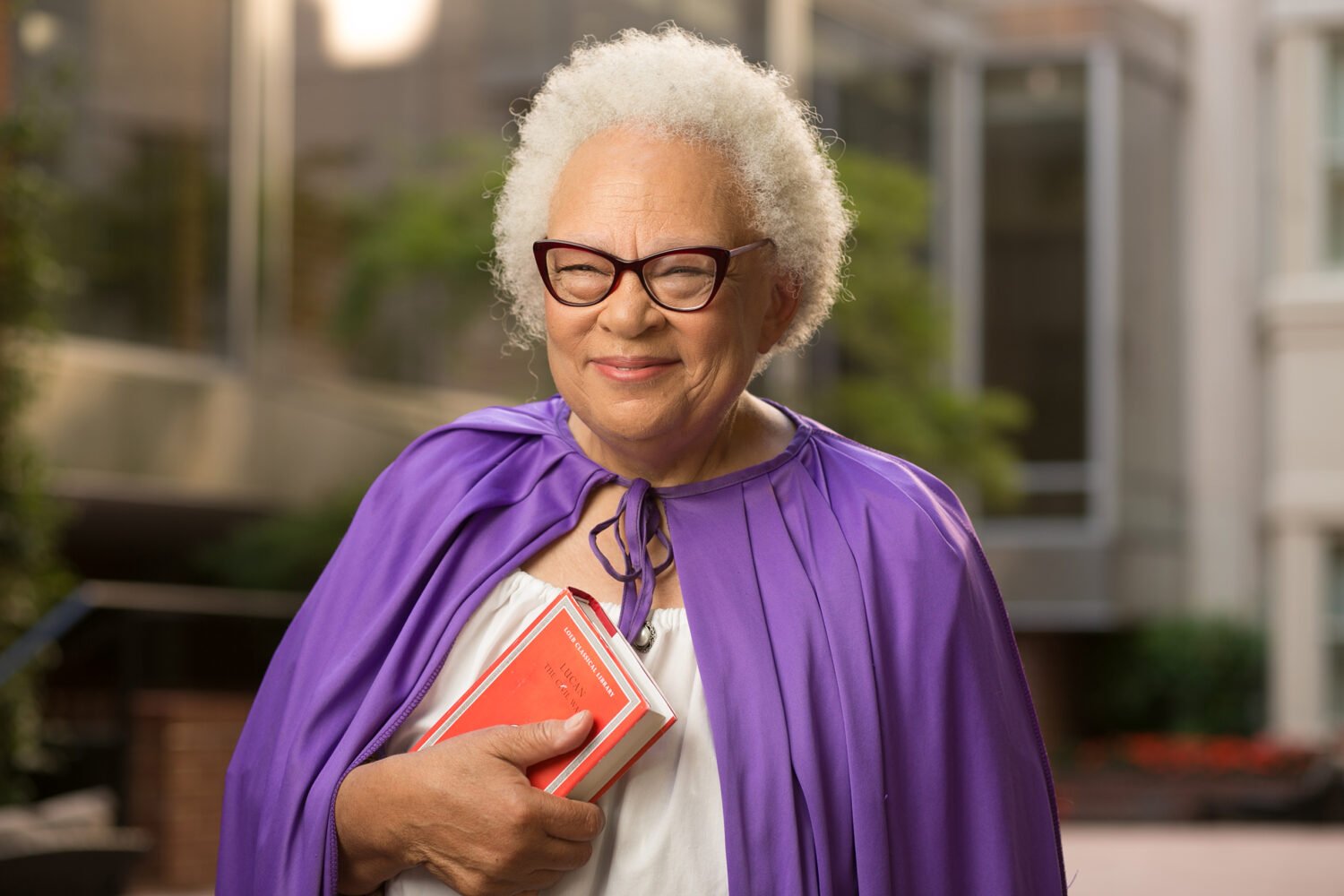For the past two years, a trio of Gallaudet University graduates has been working with deaf business owners, artists, and builders to launch a vacation resort deep in the forests of West Virginia. Two and a half hours outside DC, Lost River Vacations is set to be a getaway for anyone who wants to leave the city for a weekend but still have access to high-speed wi-fi. Everything visitors will see—the houses, artwork, website, and photography—will have been made by deaf people.
Jane Jonas, 36, one of the founders, says the idea started when she was having a beer with friends Shawn Harrington and Andrew St. Cyr. All three, who met through mutual friends at Gallaudet, are local business owners and had considered partnering on a bigger project for years. Jonas has operated a creative agency for more than ten years, Harrington owns a house-flipping business, and St. Cyr runs a film-production company.
“We thought about our life when we were little, going to deaf camps, and how the outdoor activities were the memories we’d cherish,” says Jonas. “We always had so much fun with them.”
The nostalgia gave birth to the idea of an eco-friendly getaway for both kids and adults. “A place for all kinds of people,” says Jonas. She immediately started looking for land that might fit the group’s vision.
While Jonas and her wife were on vacation in the Outer Banks, their resort lost power. Instead of going home, the couple searched Airbnb for other getaways outside of Washington. They drove more than six hours to the Lost River Hideaway and arrived to find a serene cabin far from urban society.
“Maybe it was just the whole aura of it,” says Jonas, reflecting on that first visit. “Not only did we fall in love with it, but we contacted our friends and said, ‘Listen, we just found the beauty in this whole weird experience. This might be the place where we might want to create our resort.’ We took pictures and started doing more research.”
While much of the resort is still in the works, the group has already secured 22 acres of forest next to Lost River State Park. Harrington has already constructed one tiny house, which is on-site and available for rental, and they’ve received zoning approval for another three. When it’s finished, Jonas says, the site will have up to ten houses (four will be tiny), a natural swimming pool, a hot tub, and a disc-golf course. Nearby, there will be opportunities for fishing, hiking, and horseback riding. “We want this to be a family resort where you can bring your family, bring your dog,” she says.
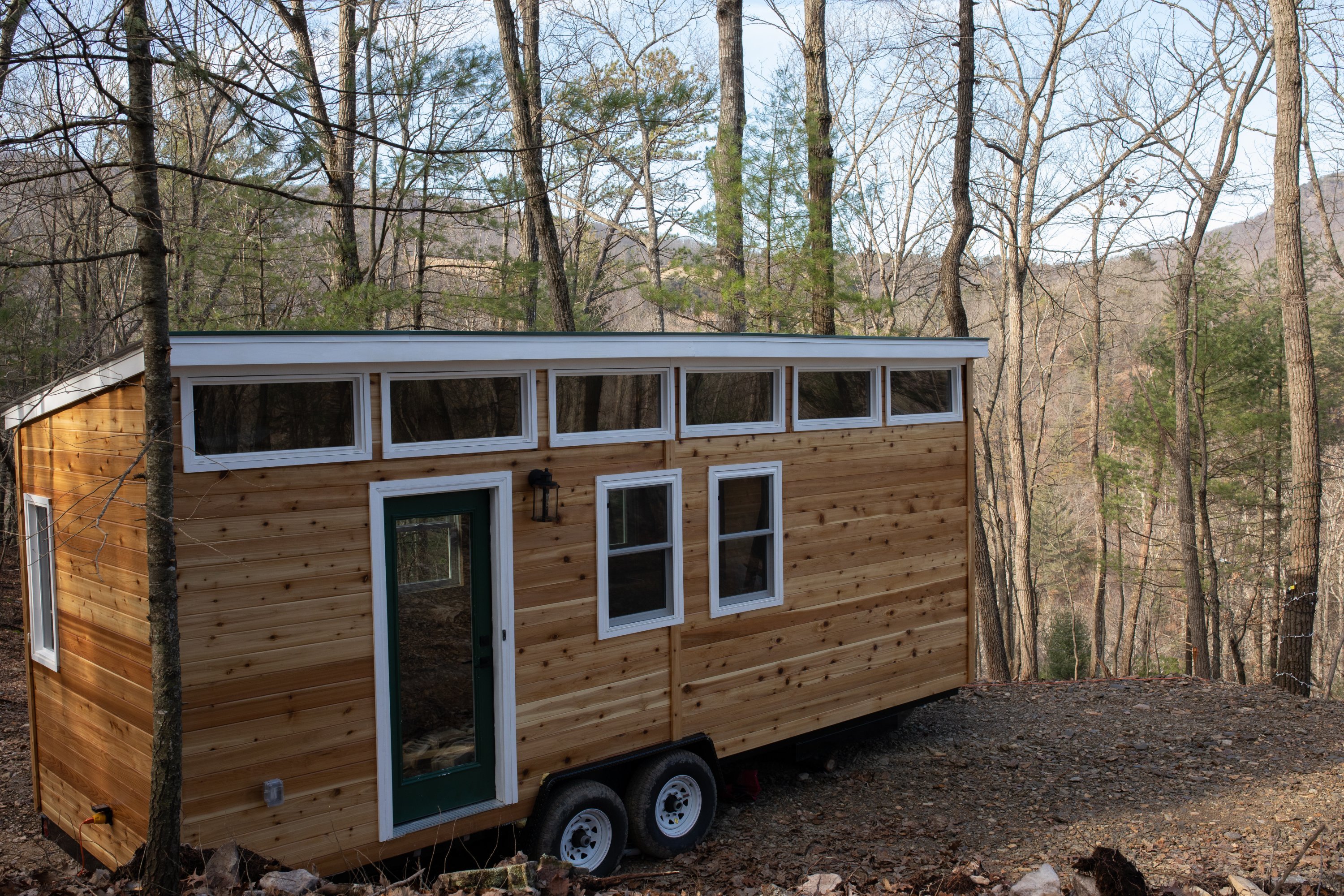
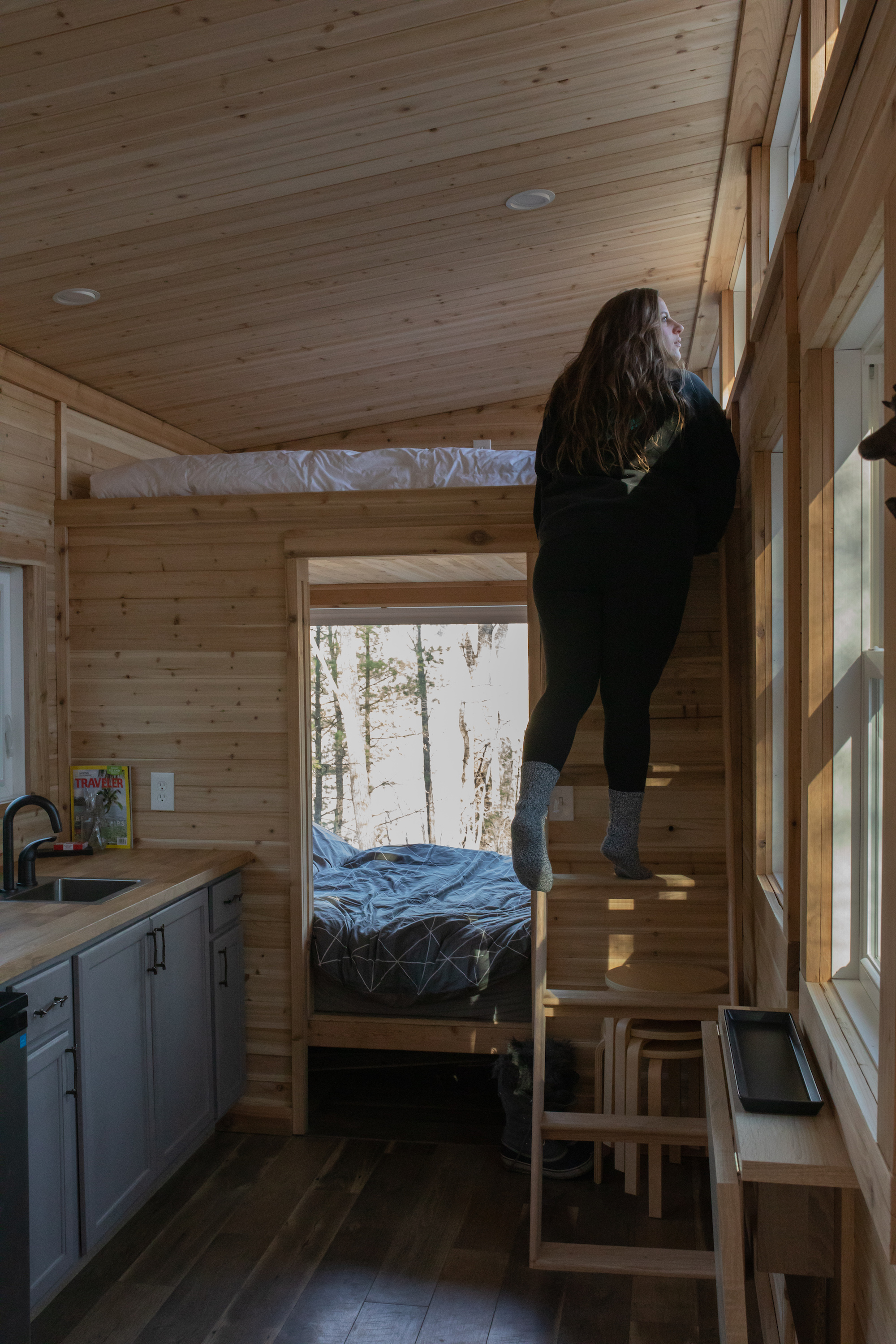
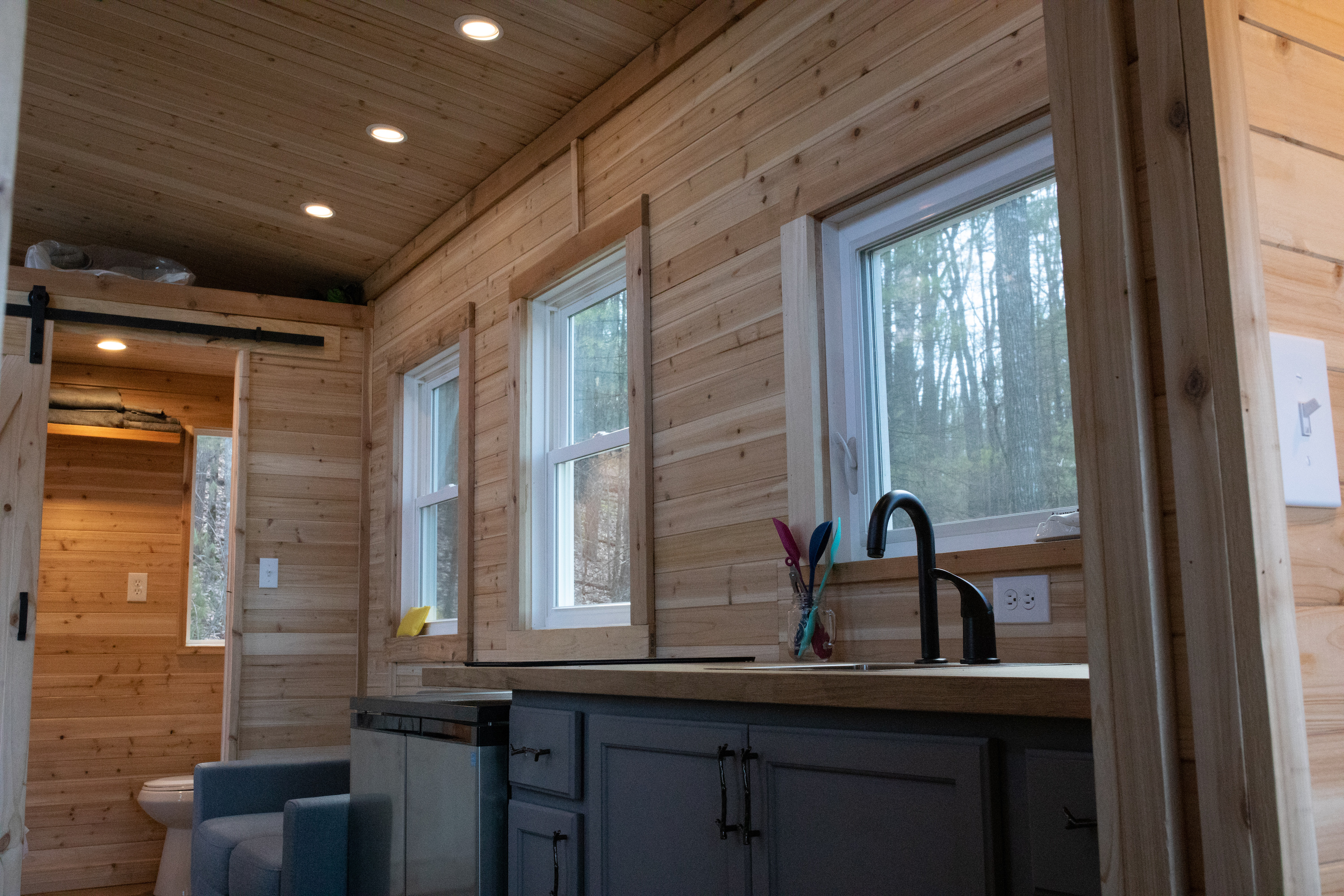
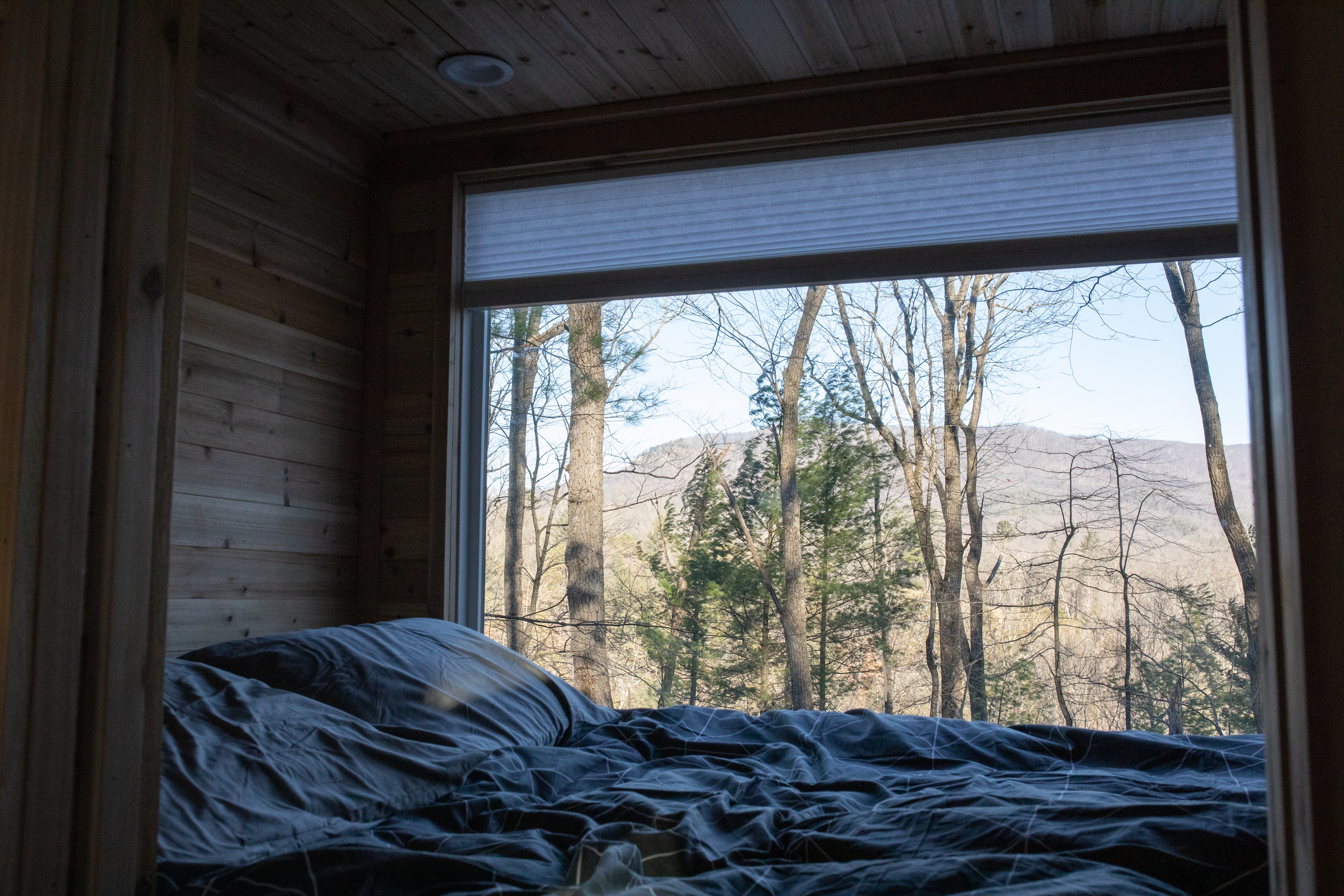
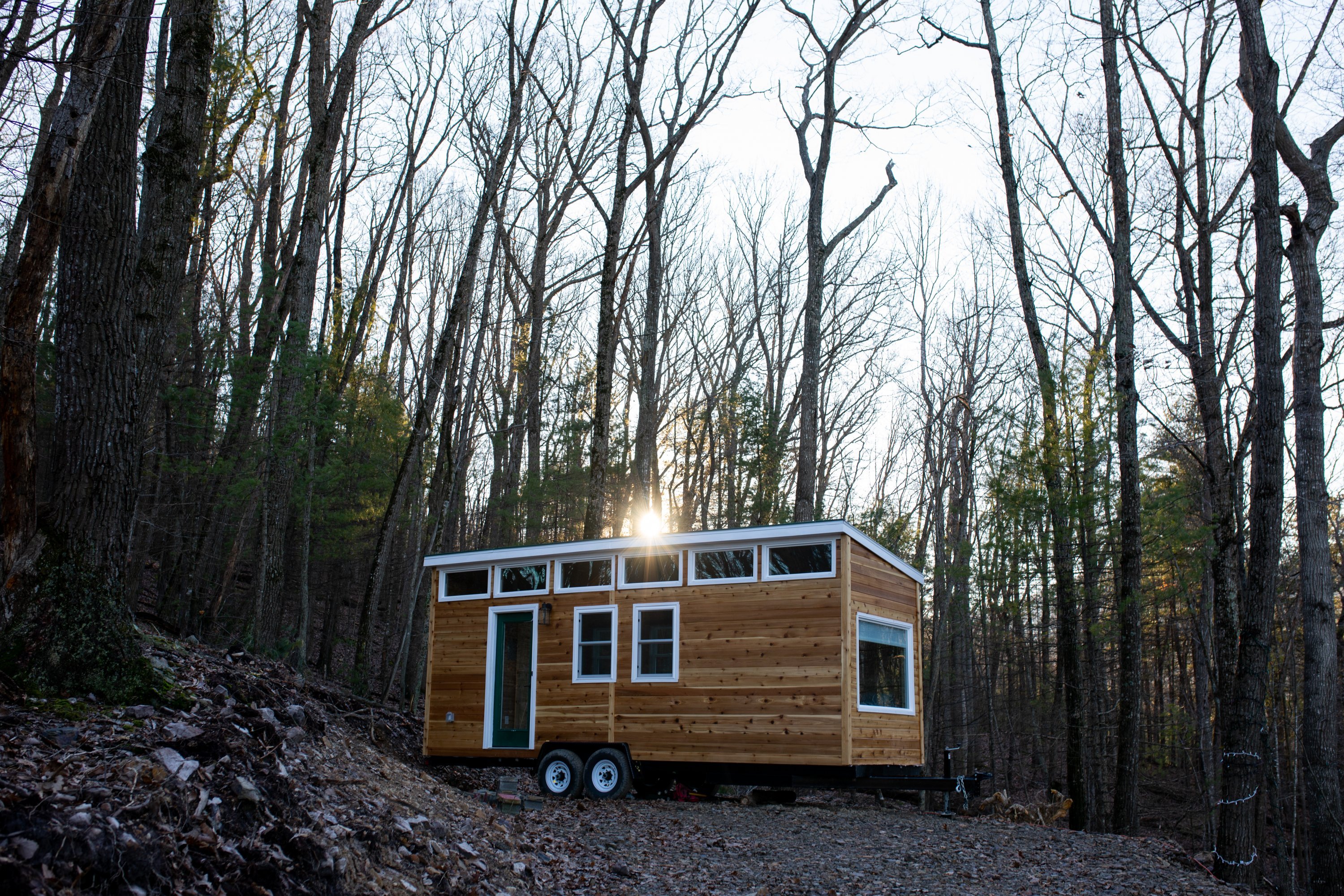
Each house will have its own layout, bathroom, and kitchen, and guests will have access to high-speed wi-fi. “Our concept is a little different than other getaway houses,” says Harrington. “I need my phone, I need my wi-fi, I need to be connected. We want the getaway experience, as in outside of the city.”
Jonas and her partners hope to make the resort eco-friendly by using solar panels (they’re still figuring out where exactly to place them among all the trees), recycling on the property, and selling gifts and apparel made from recycled materials. In a few years, they hope to purchase a second site to be operated as a nonprofit to support deaf camps and programs like the ones they went to as kids.
“That’s a large part of why we are doing this, to show that deaf people can do anything they set their minds to, as well as to eventually provide gathering spaces for our community,” Jonas says. “We have a whole network of entrepreneurial deaf friends.”
On April 28, the owners will host a launch party at Streetcar 82, a deaf-owned brewery in Hyattsville, where they will officially launch a Kickstarter campaign and sell art by deaf artists to raise funds for the resort. Starting this summer, guests will be able to rent the first tiny house starting at $119 a night, and the Kickstarter will include packages for up to five nights in the house.
“A lot of people haven’t been to West Virginia—it’s wonderful, and there’s a lot of wildlife,” says Jonas of the whole experience, signing to an interpreter. “We want to give people that type of experience and give them increased awareness about the deaf community.”

